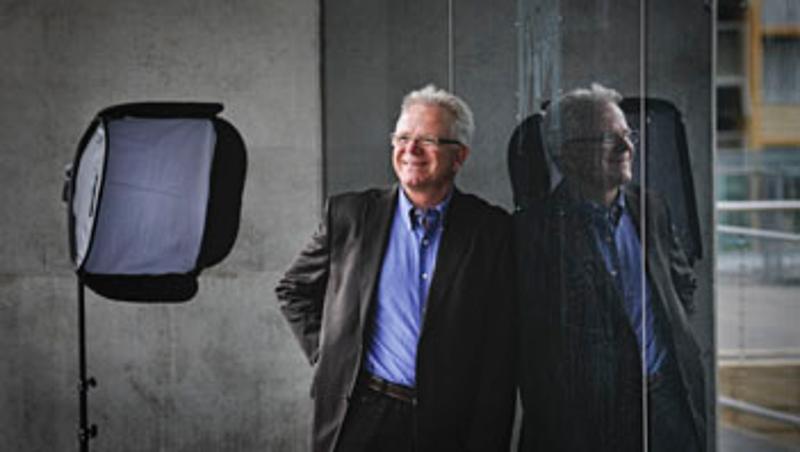
Eighty per cent of arts and humanities graduates are employed full-time in jobs that match their skills, with new research showing they enjoy successful and diverse careers.
A new survey by Professor Stuart Cunningham and Dr Ruth Bridgstock of the ARC Centre of Excellence for Creative Industries and Innovation (CCI) and Queensland University of Technology (QUT) found that 80 per cent of respondents were employed full-time.
Of that proportion, 70 per cent were employed in a job requiring a degree and 60 per cent were employed in a field directly related to their undergraduate degree.
"Previous studies carried out soon after graduation suggested that arts graduates were not finding jobs as readily as those from more vocational courses such as law, engineering or medicine," Professor Cunningham said.
"This study looked further out - and it found humanities students are just as successful at finding jobs and careers, although usually in less structured industries and professions."
Professor Cunningham, director of CCI, said the findings were likely to lend encouragement to growing enrolments in arts and humanities courses, which are returning to popularity "after a bit of a dip".
A major aim of the research was to investigate career paths into the creative economy, a sector of the Australian economy now estimated to be worth about $32 billion a year, embracing 155,000 enterprises and employing close to half a million Australians.
"The fact is we know almost nothing systematic about the career paths of humanities graduates into this vital and dynamic sector," Dr Bridgstock said.
"The default tool, the Graduate Destination Survey, is conducted far too soon after graduation and has reiterated the fact that graduates from the humanities take longer to find their feet than those whose degrees are aligned to the established salaried professions."
The research involved a survey of graduates from media, cultural and communication studies courses from 2001 to the present.
"We wanted to know about career outcomes, course relevance, under and unemployment, further education and training, and if they perceived any distinctive qualities graduates in these fields bring to the workforce," Dr Bridgstock said.
About one-quarter of the cohort had undertaken further study, the largest category within the discipline cluster, which she said indicated strong satisfaction with the career path opened by their initial qualification.
Nearly one-third of graduates were employed in the public sector.
Although 24 per cent had been unemployed at some point since graduation, the average length of time unemployed was two months.
Only 4 per cent of the cohort had been unemployed more than once since graduation.
While many humanities graduates were employed in journalism, marketing and public relations, the survey revealed a total of 110 different job titles among the 400 responding graduates.
"This suggests that careers for arts and humanities graduates are much more diverse and interesting than many might suppose," Professor Cunningham said.
Media contacts: Dr Ruth Bridgstock, CCI and QUT, 3138 8587 or 0402 477 583
Professor Stuart Cunningham, Director CCI, 0407 195 304, s.cunningham@qut.edu.au
Julian Cribb, CCI media, 0418 639 245
Stephanie Harrington, QUT media officer, 3138 1150, stephanie.harrington@qut.edu.au




